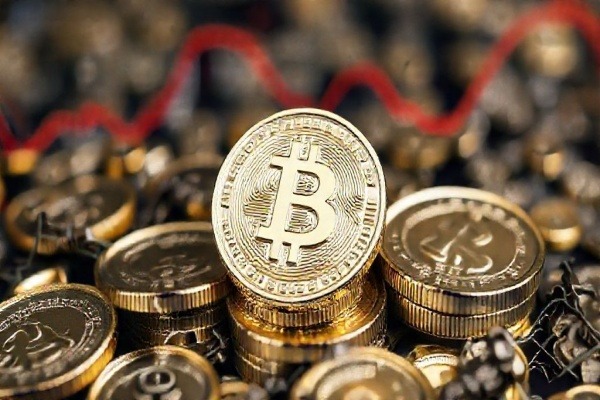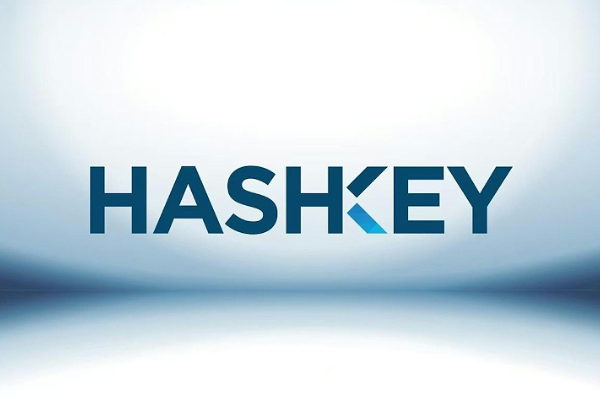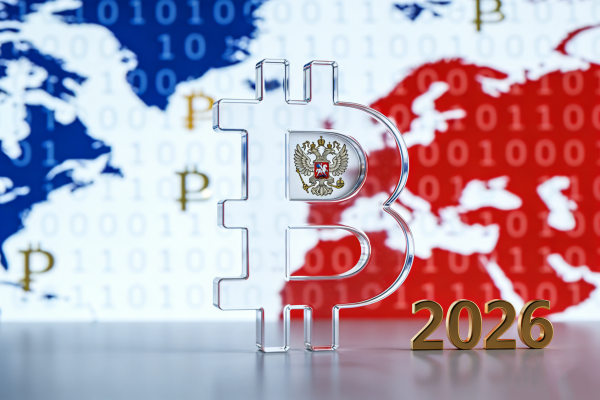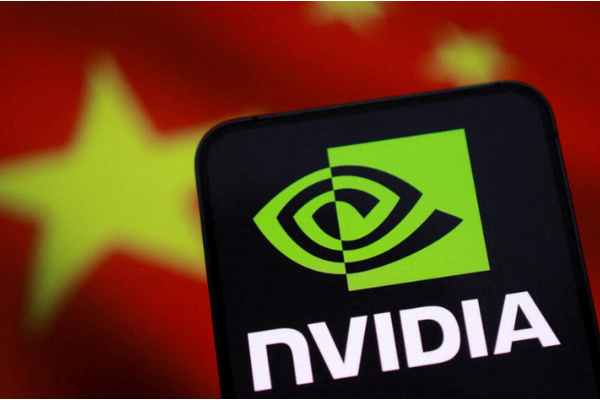Franklin Templeton announced the launch of Hong Kong's first tokenized fund.
On November 6th, according to The Block, global asset management giant Franklin Templeton officially announced the launch of Hong Kong's first tokenized fund, a move highly synchronized with the Hong Kong government's five-year fintech development strategy announced this week.
This strategy explicitly proposes a vision of deeply integrating artificial intelligence and blockchain technology into the financial industry to drive the transformation of the financial system towards digitalization and intelligence.
The tokenized fund, registered in Luxembourg, is backed by short-term US Treasury bonds and uses blockchain technology to tokenize fund units. Investors will hold digital tokens representing fund equity, thereby improving trading efficiency and transparency while further expanding the application scenarios of digital assets in compliant financial products.
Franklin Templeton has long been a pioneer in blockchain financial innovation.
As one of the first asset management companies globally to launch a tokenized money market fund, its flagship product FOBXX, launched in 2021, is the first US money market fund based on a public blockchain, offering 24/7 trading and settlement capabilities, significantly improving liquidity.
Recently, the fund further expanded its support for subscription and redemption using the stablecoin USDC, creating a seamless conversion channel between on-chain and off-chain assets.
As of November 2025, FOBXX's assets under management reached approximately $410 million, making it the second-largest tokenized fund in the market, second only to BlackRock's BUIDL fund. This achievement not only reflects the increasing market acceptance of tokenized assets but also highlights the substantial progress made by traditional financial institutions in the integration of blockchain technology.
Against the backdrop of increasingly fierce global competition in fintech, Franklin Templeton's strategic move in Hong Kong not only aligns with the SAR government's policy direction but also provides institutional investors in the Asia-Pacific region with more efficient digital asset allocation tools, further solidifying the position of blockchain technology in the mainstream financial ecosystem.









